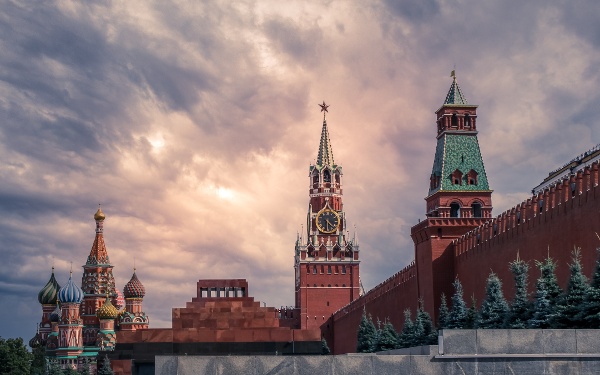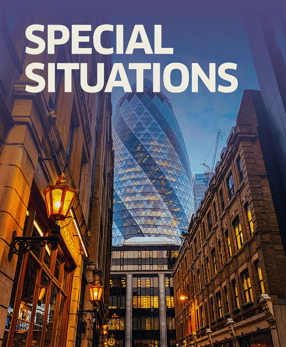Russian real estate is attractive for investment as legislation is often thought of as simpler than that of England or Germany, for example. The most notable legal rights over land include freehold, leasehold, mortgage, and easement. Ownership of land and other property must be registered with the state, upon which these rights are put into effect. Lots and buildings are considered to be separate property, and can be owned by different people or organizations.

However, a single property holder who owns both the land lot and the building on it cannot sell them separately. Generally any foreign legal entities or individuals can own real estate in Russia without notable restrictions. This may change in the near future if the Parliament passes a pending Draft Foreign Acquisition Bill. This could result in restrictions on things like leasehold interests for foreign investors. Under the bill all purchases of real property, including leases, would be subject to review and approval by a government agency. For now, foreign investors and Russian residents enjoy nearly equal rights to ownership of real estate. Exceptions include foreign players not being able to acquire ownership over some land lots in border areas, those that surround ports, or agricultural land. Foreigners can however lease agricultural lots. Overall, these few exceptions have little impact on the property market.
Ownership Through Agreement
Acquiring new property is generally done through a sale and purchase agreement. The purchase from the registered owner becomes official through registration of a valid agreement. This contract must be in simple written form and has to include some specified information essential to the deal. Sale and purchase agreements become invalid if they contain any of the following provisions: the right for the seller to buy back the sold land, the buyer limiting use of land after the sale, and limitations on the liability of the seller for third party claims.
Ownership Through Construction
Ownership can also be achieved through the construction of a new building on a land lot. To acquire the ownership of a building through its construction, the developer must either be the owner or a registered tenant of the construction site. In case the developer is a tenant, the lease contract must clearly permit construction on site and registration of ownership. A valid agreement is created once the buyer and seller register a receipt of the construction permit, a commissioning permit, and a cadastral passport of the new building.

PRIVATE ACQUISITIONS
Russian real estate can be purchased from public entities, or the private sector, consisting of private legal entities and natural persons. On the private secondary market local Russians and foreign players mostly operate under the same rules. Both can purchase real estate by either acquiring the firm that owns the property, or straight through a sale and purchase agreement. Completing the deal in both cases is well facilitated for foreign investors’ legal entities. This entity can complete the acquisition through a local permanent branch or office, a registered Russian entity, or directly from abroad.
Share Purchase Agreement
Acquiring a firm to capture its ownership of real estate is executed through a share purchaseagreement. Notarising this agreement is usually only possible after all the conditions precedent have been satisfied. To note, conditions precedent are all the events that must occur in order for the contract to become valid. This is why parties often enter a preliminary share purchase agreement, which forms the obligation to sign the main agreement in the end. The purchaser of the shares becomes the owner upon notarization. However, before this type of agreement can be completed, the buyer must go through additional steps. The buyer is not only responsible for confirming the agreement, but also for looking into the company’s past activities. An antimonopoly approval application is also required, which tends to take at least a month. These agreements thus require greater due diligence by the purchaser.greater due diligence by the purchaser.
PUBLIC ACQUISITIONS
Leasehold of Construction
Public entities can allow a leasehold for construction for a period of three to ten years, depending on how elaborate the project is. Construction must be completed within this period, determined in the lease contract. After construction is finished and the new building is registered to the owner, a tenant holds the right to either buy out the lot the building is on, or to sign a long term lease of 49 years. The purchase price or rent amount are non-negotiably determined by law.






